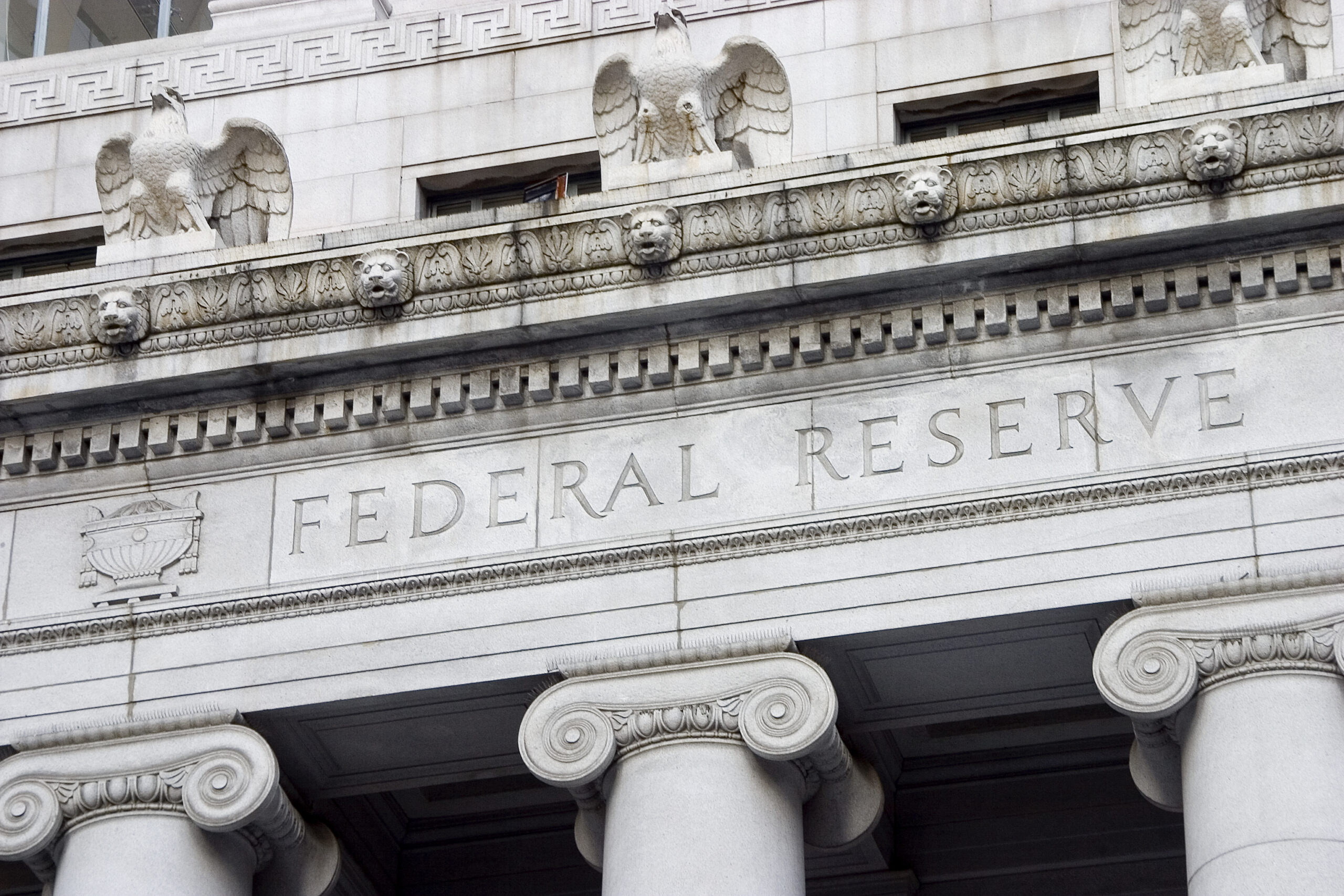Willie Nelson plays Johnny Dean in the 1997 Barry Levinson movie Wag the Dog, who is hired to write a patriotic song as part of a fake war designed to divert public attention.
I don’t recall it but Microsoft Copilot tells me the character struggles to rhyme heroic lines with “Albania.” We may have to watch it again over the holidays.
The stock market is in some ways designed to divert attention, a sort of wagging dog.
Eleven years ago, I wrote a ModernIR blog called Wag the Dog about the acquisition of the NYSE by ICE, the Intercontinental Exchange. Then, I was talking about how a derivatives market had become so large that it consumed the equities market from which much of its business was derived – er, so to speak.
The tail wagging the dog.
Sometimes our dog Clyde wags so vigorously that it becomes a full-body event, which I guess is the tail wagging the dog. But you never see his tail frozen in space, and a wagging Clyde.

So how is the stock market a wagging dog? Stocks rise when buyers outnumber sellers. Right? For twelve of the past 13 days, Nov 27-Dec 16 (I’m writing the 17th), S&P 500 stocks – not the benchmark but underlying equities – have closed below daily midpoint, a way to measure selling.
How? There is a spread between the bid and offer and all stocks can trade only at the price between those two. So, even balanced buying and selling erodes the stock market as the 50% or so of volume taking a piece from the middle hollows out stocks like termites.
Since Nov 27, the benchmark is up 1% even as the 90% of market capitalization that resides in S&P 500 stocks erodes.
There must be some kind of tail wagging that dog.
I remember at September options-expirations in 2018 that the Communications Services sector replaced telecom. We were watching the patterns at quarterly rebalances. Big red bars, stocks in swaths closing below midpoint.
We at ModernIR, watching with furrowed brows, concluded, “It might tip stocks over.”
The stock market declined about 15% from Sep 28 to Oct 29, 2018, including a 6% drop Oct 8-11. Into Christmas, the index plunged 9% in a few days.
Maybe the pattern now will destabilize the market again. The Dow Jones Industrials are down nine straight days, the most since 1978, a bad year for that benchmark, second only to eight straight in, you guessed it, 2018.
Here’s what I think. We’ve designed a market ill-suited for declines just as we’ve got an economy ill-suited for falling prices.
This is how it happened. There are now more than 3,000 Exchange Traded Funds in the US equity market, with $11 trillion in assets. Just 115 stocks are nearly 80% of the market capitalization behind the 1,800 or so dependent on US stocks.
There aren’t enough stocks.
Especially for open-market buying and selling. So it’s probable that cash is a substitute. Cash in lieu, it’s called. It’s supposed to be temporary. But what if it’s not?
When ETF investors want out of equities, they sell ETF shares to market-makers, who return them to, say, Blackrock. Maybe for cash in lieu. Not much movement in underlying stocks. Maybe just enough reduction in demand so that patterns deteriorate below midpoint. It’s true that money wants out. But it’s the tail wagging the dog.
Tim, that’s maybe a good thing. If ETF investors can sell ETFs without hurting stocks, that’s helpful to the rest of us, no?
By the way, SPY, the S&P 500 ETF tracker, is balanced. Six buying days, seven selling days, that same time. It’s diverging from its derivation.
The trouble is there are way more ETF shares chasing the same stocks than what people know. It’s a diversion. A wagging dog.
The Federal Reserve today will likely cut interest rates. Why cut rates if there’s no need? Lower rates foster credit, which creates dollars and fuels inflation.
Because the Fed cannot countenance falling prices. How ironic then that the reason so much cash sloshes around the market in lieu of stocks is monetary policy. The Fed.
On the surface, it seems good because we don’t have a “recession.” But what’s wrong, high prices, is still there, hidden behind mountains of cash keeping everything from resetting and revealing economic imbalances.
It’s the same in the stock market. ETFs inflate, alter, obscure, actual stock prices.
Years ago on CNBC with Brian Sullivan I said the obfuscating presence of ETFs would at some point lead to trouble. It would only become apparent the way Warren Buffett described it. When the tide goes out, you find out who’s been swimming naked.
Unless or until actual stocks, not cash, begin to hit the bid and deteriorate it, things will seem fine. I don’t like it. But I understand market structure. You can and should too. This is the market today, issuers. It’s not run by stock-pickers. It’s dominated by ETFs. We can help.
Our peace of mind meanwhile finds firm footing in the spirit of the season. We wish all you loyal readers the happiest holiday season, the merriest Christmas, a grand new year, and we’ll see you in 2025.





